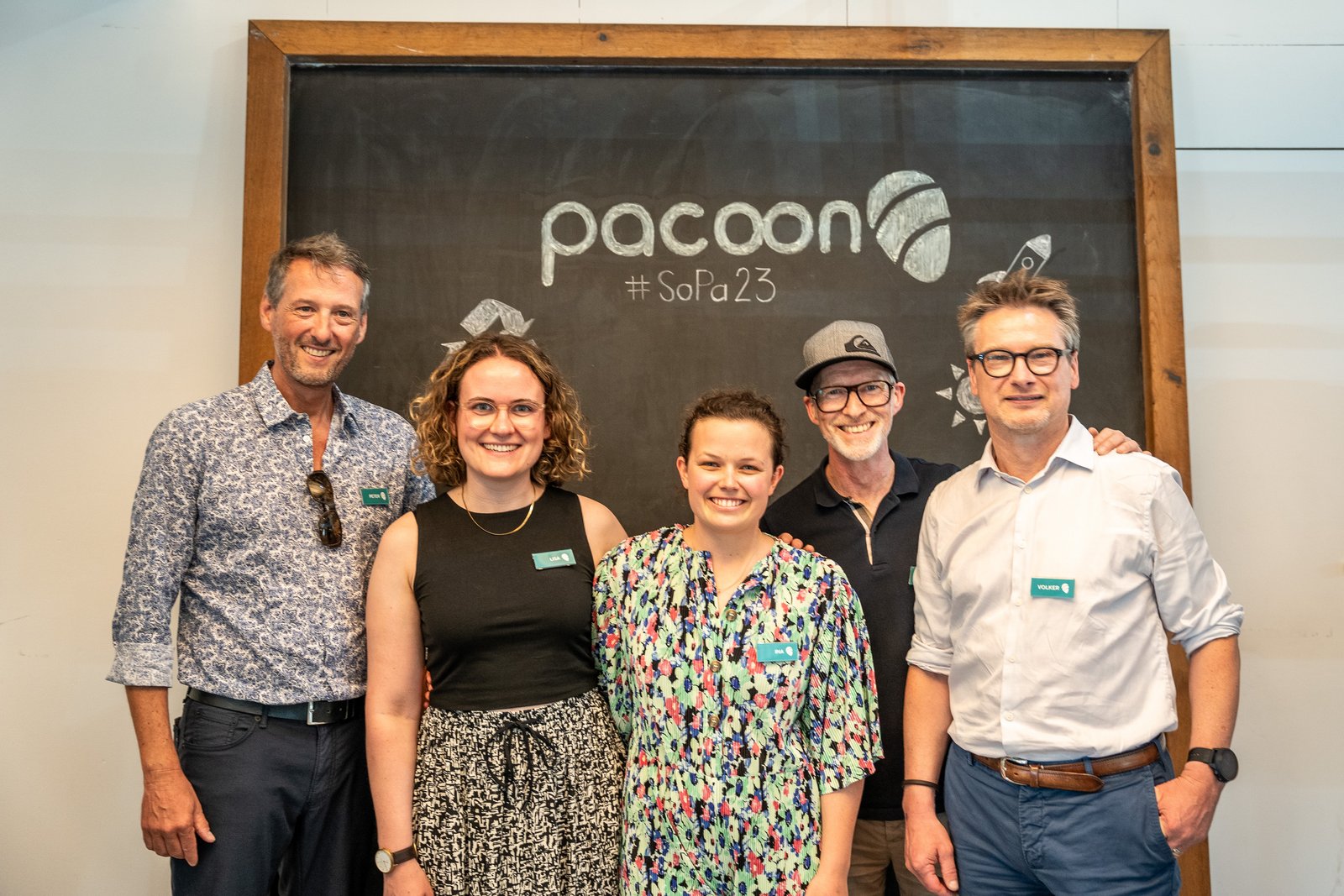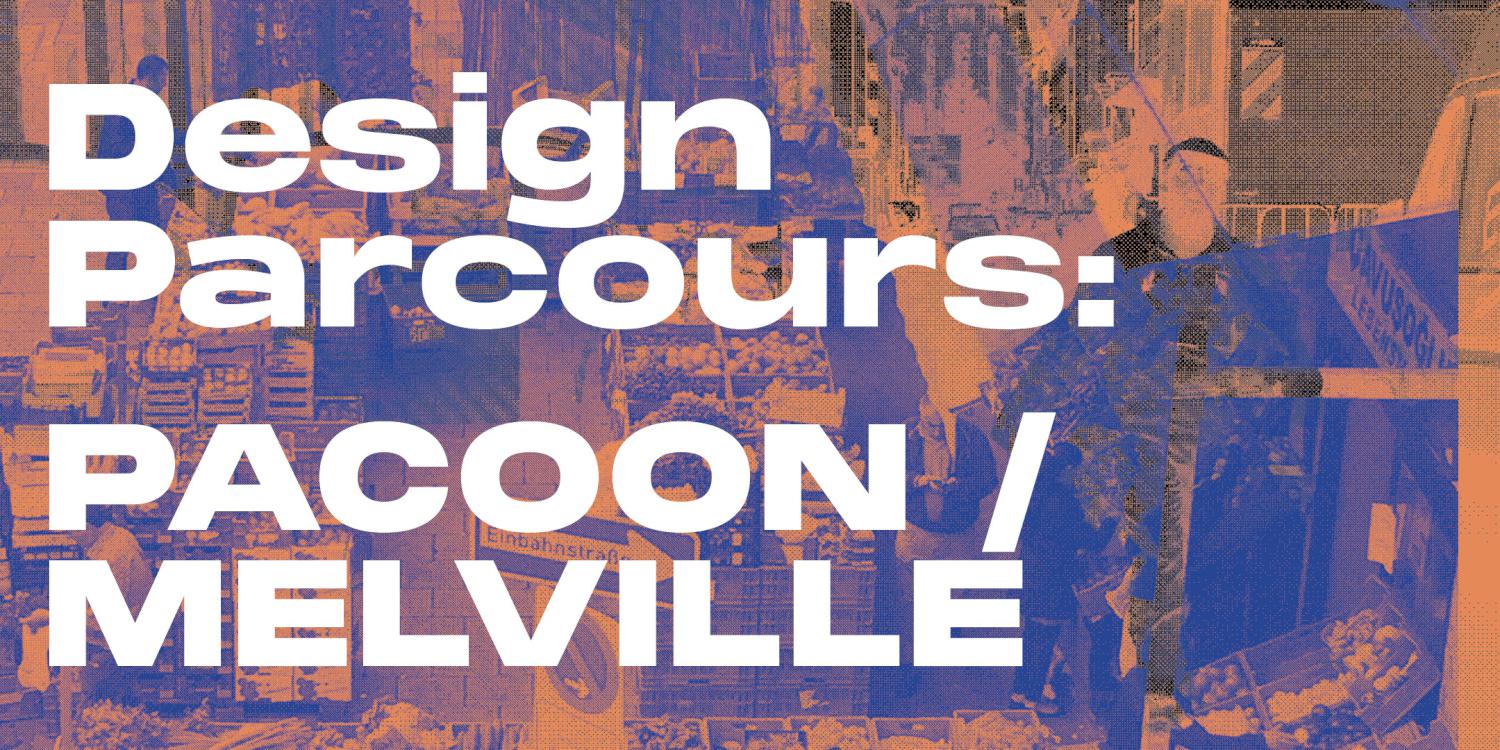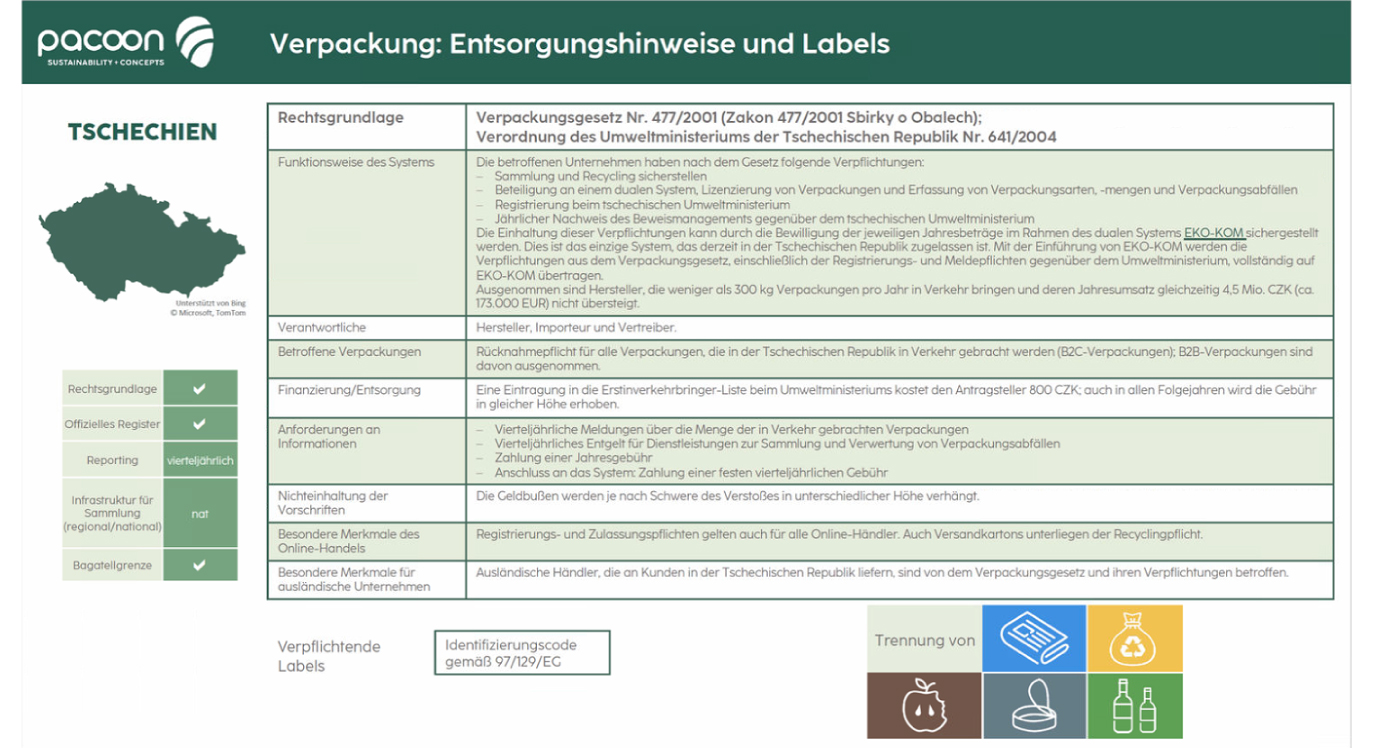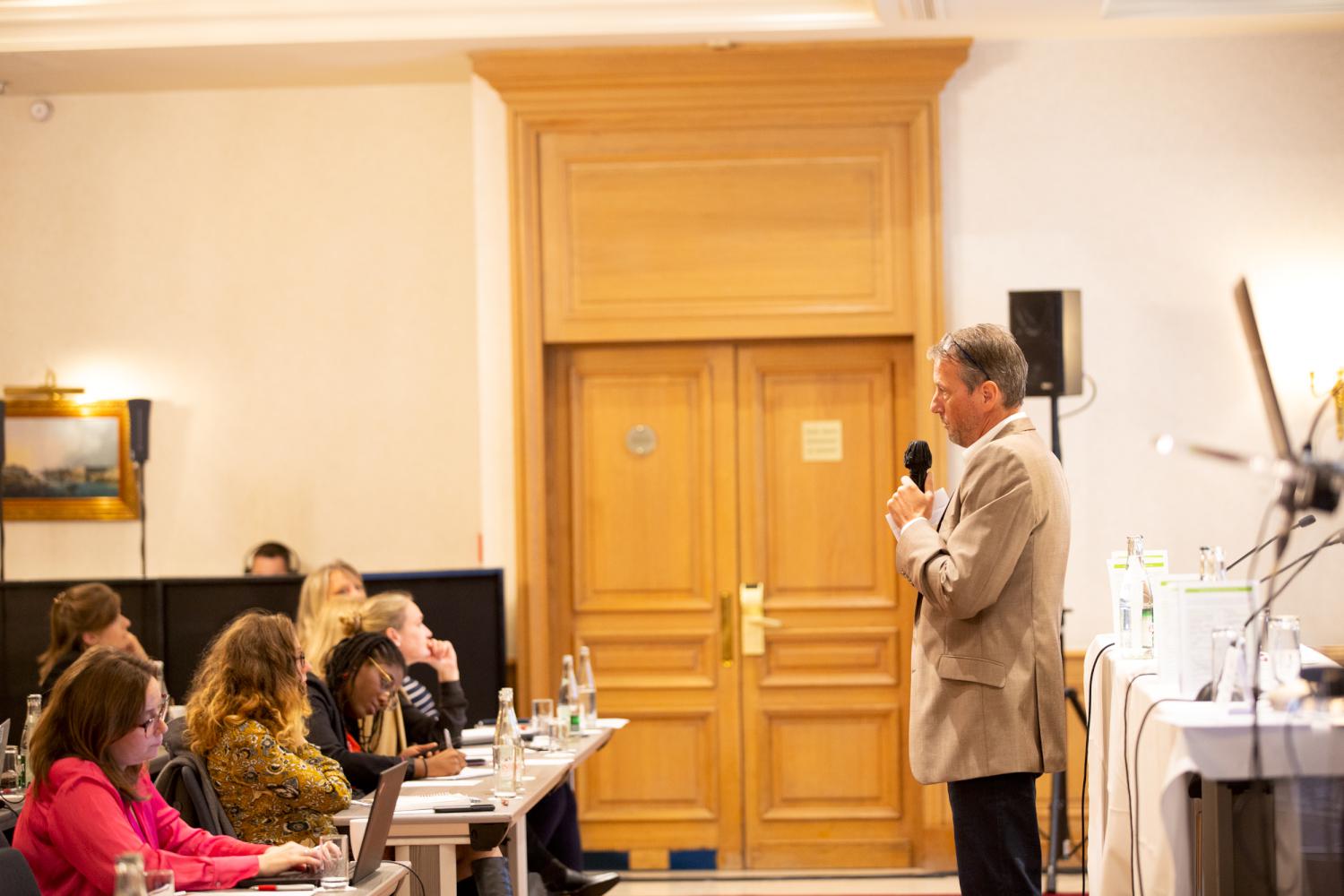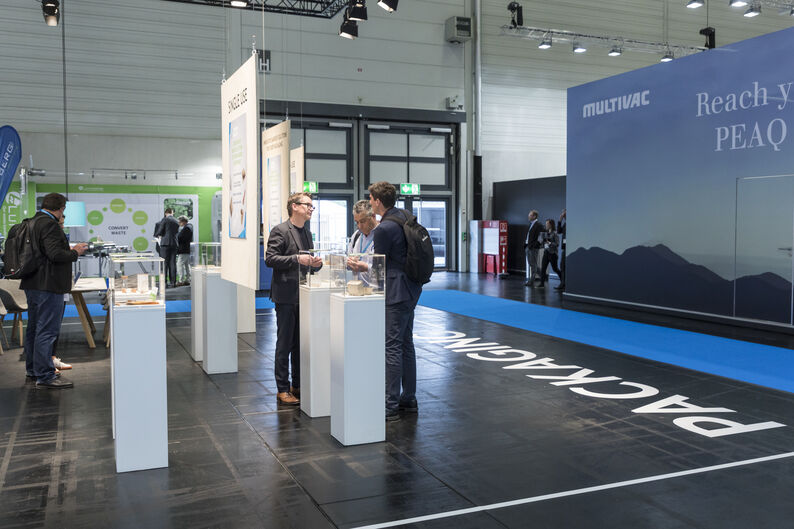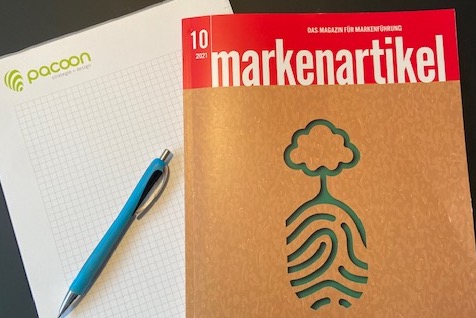The trend is clear and it is alarming: between 1995 and 2019, the amount of plastic packaging waste in Germany increased by 105% – from 1.65 million to 3.2 million tons. Calculated differently: each German generates around 38 kilograms of plastic packaging waste per year. What is rising much more slowly, on the other hand, is the recycling rate for plastics from the "yellow bag", the dual system – which was only around 55% in 2019. But even that is only one side of the coin. After all, the real goal is to reuse the sorted plastic grades.
There may be many reasons for the stagnation in recycling, some of which are driven more by local government policy; but one very important reason for the low use of the recyclate recovered, which has hardly featured in the public debate to date, is of a technical nature. "At present, the use of recyclates is still strongly determined by the general experience that processors have had with recyclates in the past and which depends on the "knack" of the users. However, there is a lack of general knowledge about the different recyclate qualities and their possible applications, a measurable quality that also provides reproducible results to a certain extent," analyzes Peter Désilets, managing director of PACOON, an agency specializing in sustainable packaging.
So no matter how hard consumers try, motivated by awareness of the problem and additionally pushed by legislative measures, part of the problem is to be found in the value chain up to recycling. According to a 2017 survey by EuPC (European Plastic Converters), 86% of converters rejected the use of recycled plastics in Germany for quality reasons; on a European basis, the figure was slightly lower. Due to the poor quality, these are not reintroduced into the circular economy, i.e. used again. This lack of quality in turn also led to a ban on the use of recyclates in new packaging, e.g. for food, cosmetics or pet food. At the same time, the EU plans to prescribe a minimum use of recyclate in packaging from 2030, which is very ambitious in order to better close material cycles. However, this also requires the availability of a corresponding amount of qualitatively usable recycled materials, which are not available on the market today.
The legislator makes speed
The Munich-based packaging specialists at PACOON are particularly involved in the development of AI-supported tools for packaging design: "We are very excited about the results, what influence they will have on packaging design and to what extent it will be possible to reuse recyclate on a large scale for packaging." That such an initiative is necessary is proven by the legislative requirements being considered. "The legislature has set demands here for the next few years. Whether these can be met depends essentially on the quality of the recyclate, as a study by EuPC (European Plastic Converters) from 2017 has already shown, that this represents the greatest lever for the increased use of recyclate. Either we manage to use AI to significantly increase the reliable use of recyclate through better qualities or we have to admit clear limitations to its use," says Désilets about the relevance of the project.
Artificial intelligence for better recycling rates
The AI Application Hub Plastic Packaging with the participation of pacoon now wants to help improve the use of plastic recyclate with artificial intelligence. In order to close the loop for plastic packaging as much as possible, 51 partners from business, science and society are working together in two innovation labs: KIOpti-Pack for design and production and K3I-Cycling for mechanical recycling. An important goal is the cross-laboratory exchange of data in order to consider findings across the entire value chain.
So the idea of using artificial intelligence to increase recyclate qualities will be central to meeting recyclate use rates. "The goal is to ultimately provide processors with guidance on what options they have with certain types of recyclate in production, how the material thickness or composition should be selected, whether there are demonstrable weak points in the structure of materials, or in what ratio recyclate and virgin material must be used to obtain the same functionalities," says Peter Désilets.
Overview of all participating partners of the AI Application Hub Plastic Packaging:
Innovation Lab KIOptiPack
Institute for Plastics Processing at RWTH Aachen University, Fraunhofer-Gesellschaft zur Förderung der angewandten Forschung e. V., Artificial Intelligence Center Hamburg (ARIC) e.V., Rheinisch-Westfälische Technische Hochschule Aachen, Schmalkalden University of Applied Sciences (HSM), Albstadt Sigmaringen University of Applied Sciences (HSAS), Dresden University of Technology, Saarland University, Aixtrusion GmbH, Amcor Flexibles Deutschland GmbH (associated) Apheris AI GmbH, Arburg GmbH & Co. KG (associated), ASAM Betriebs-GmbH (associated), Brückner Maschinenbau GmbH & Co. KG (associated), Carbon Minds GmbH, Cirplus GmbH (associated), ColorLite GmbH (associated), Deutsche Institut für Normung e. V., Dida Datenschmiede GmbH, Digimind GmbH, Duales System Deutschland GmbH & Co. KG (associated), EDEKA Zentrale Stiftung & Co. KG (associated), Ehrenmüller GmbH, Evonik Industries AG, Fernholz GmbH & Co. KG (associated), Foboha Germany GmbH, GEA Group AG (associated),GreenDelta GmbH, HiPP OHG, Hamburger Informatik Technologie-Center (HITeC) e.V., Institut cyclos-HTP GmbH, Infosim GmbH & Co. KG, KOCH Pac-Systeme GmbH (associated), Körber Pharma GmbH (formerly Mediseal), LyondellBasell GmbH, Menshen GmbH & Co. KG (associated), Pacoon GmbH, Palaimon GmbH, Peerox GmbH, Pöppelmann GmbH & Co. KG (associated), QuoData GmbH, REMONDIS Recylcing GmbH & Co KG, Reifenhäuser GmbH, RKW SE, Simcon kunststofftechnische Software GmbH, Sumitomi (SHI) Demag Plastics Machinery GmbH (associated), Südpack Verpackungen GmbH & Co. KG, Unilever Deutschland (associated), watttron GmbH, Windmöller & Hölscher KG (associated)
Innovation Lab K3I-Cycling
Fraunhofer Gesellschaft zur Förderung der angewandten Forschung e.V., Lobbe RSW GmbH, Cirplus GmbH, Friedrich-Alexander-Universität Erlangen-Nürnberg, Technische Universität Darmstadt, Harz University of Applied Sciences, Saarland University, Chair of Legal Informatics, Knowtion GmbH, RKF Recycelte Kunststoffe & Fasern KG, WeSort.AI GmbH, Gesellschaft für Informatik e.V., Eigenbetrieb für kommunale Aufgaben und Dienstleistungen, Awesome Technologies Innovationslabor GmbH, Deutsches Verpackungsinstitut e. V., Entsorgungstechnik BAVARIA GmbH, Technische Universität München, Siemens Aktiengesellschaft, HK.SYSTEMS GmbH (associated), GREIWING logistics for you GmbH (associated), Sentinum GmbH (associated)
Koordiniert wird das Projekt vom Institut für Kunststoffverarbeitung an der RWTH Aachen und vom Fraunhofer-Institut für Integrierte Schaltungen IIS. Finanziert wird der KI Anwendungshub Kunststoffverpackungen mit Fördermitteln des Bundesministeriums für Bildung und Forschung.
Further information on the funding measure can be found here: https://www.fona.de/de/massnahmen/foerdermassnahmen/ki-hub-kunststoffverpackungen.php


